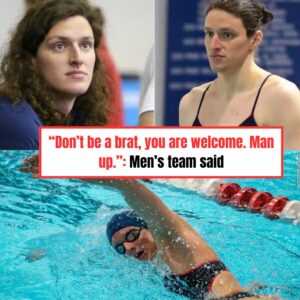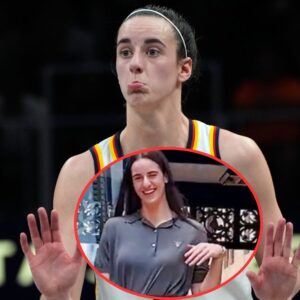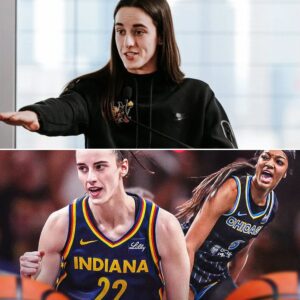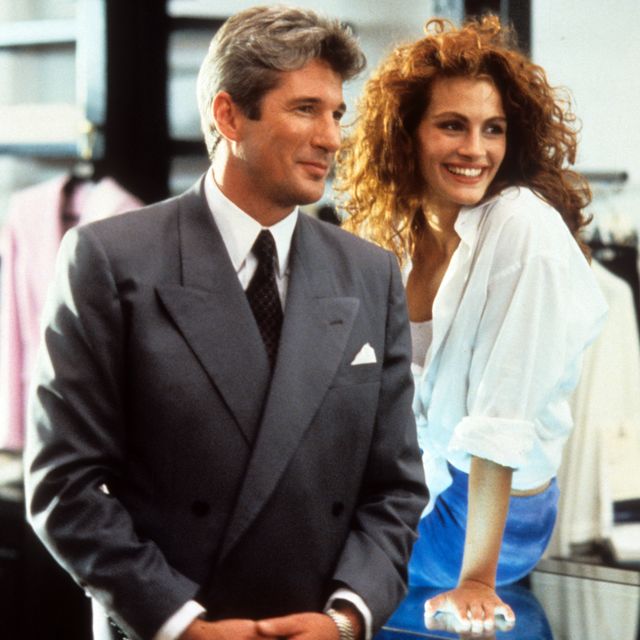
Casting anyone other than Julia Roberts to star in Pretty Woman could have been a big mistake. Big. Huge. The actress snagged the role of down-on-her-luck prostitute Vivian Ward, and then just three days later lost the job that would eventually earn her the title of “America’s Sweetheart.” That’s because the film, which was originally titled 3,000, had cast Roberts as its leading lady, just days before its original production company, Vestron Pictures, went out of business.
“This small movie company folded over the weekend, and by Monday, I didn’t have a job,” Roberts recalled in a 2019 Variety conversation with Patricia Arquette, who’d also auditioned to play Vivian in what she described as “a gritty art movie” with a “really heavy” ending. Disney ultimately bought the film rights, with Garry Marshall stepping in to direct what became the 1990 romantic comedy Pretty Woman.
Marshall agreed to meet with Roberts as a courtesy
Although Marshall might have had some other Hollywood A-listers in mind for the starring role, he met with Roberts as a courtesy anyway.
“Garry Marshall came on, and because he’s a great human being, he felt it would only be fair to meet me, since I had this job for three days and lost it,” Roberts explained. After she won him over, Pretty Woman was born from what had once been 3,000 — a reference to the amount of money wealthy businessman Edward Lewis (played by Richard Gere) paid Vivian to be his escort for the week. “They changed the whole thing,” she said. “And it became more something that is in my wheelhouse.”
Indeed, 3,000 wasn’t quite the same modern-day Cinderella story that eventually hit theaters in March 1990. Before Marshall gave Pretty Woman the rom-com treatment, screenwriter J.F. Lawton had conceived the story in the late 1980s as a dark, gritty drama centering on the dangers facing Hollywood sex workers at the time. He’d drawn inspiration from such films as 1973’s The Last Detail and 1987’s Wall Street, and there was no happily ever after for Vivian and Edward.
Instead of Gere’s character’s chivalrous climb from his limousine to “rescue” Vivian from her fire escape (and her subsequently rescuing him right back), as Roberts tells it, in 3,000 Gere’s character “threw her out of the car, threw the money on top of her, as memory serves, and just drove away, leaving her in some dirty alley.” The original ending had Vivian on a bus with best friend and fellow prostitute Kit De Luca headed to Disneyland as she “stares out emptily ahead.” And, scene.
Advertisement – Continue Reading Below
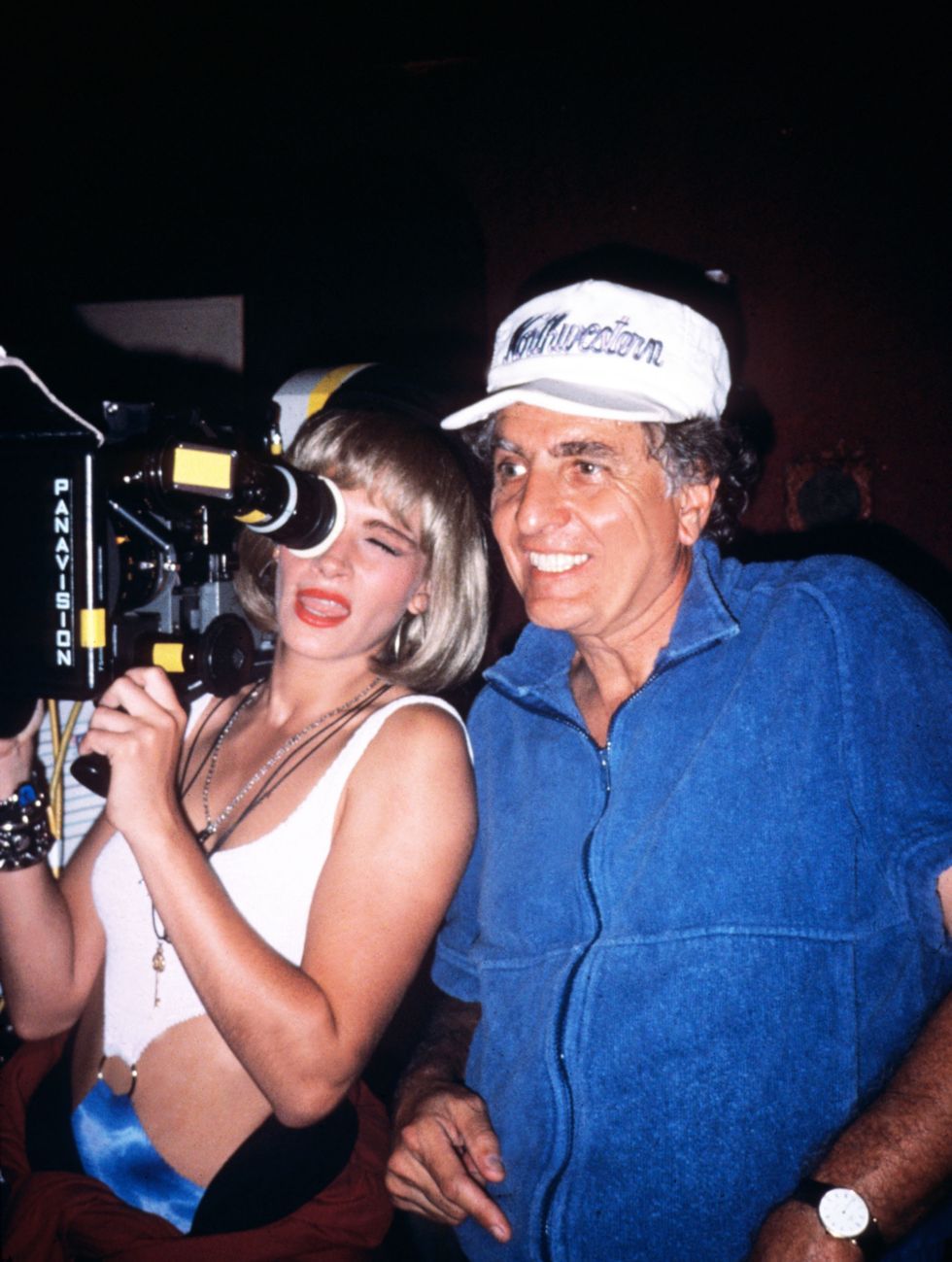
Photo: Buena Vista Pictures/courtesy Everett Collection
Julia Roberts and Garry Marshall behind the scenes of “Pretty Woman.”
The tone of the movie was changed to a ‘fairy tale with a twist’
Fresh off his success directing the 1988 musical drama Beaches, Marshall had been intrigued by Lawton’s heavier script, which he saw as the story of “a girl who wanted to change her life, and did,” according to Vanity Fair. What Marshall had in mind, however, was more akin to a fairy tale with a twist. “My vision was a combination of fairytales. Julia was Rapunzel, Richard was Prince Charming, and Hector [Elizondo] was the fairy godmother,” the late director said 2015. “It didn’t seem like a vision everybody would have, but I did.”
Despite its ultimate shift in tone, the movie still contained several elements and scenes from Lawton’s original 3,000 script. Among them were such classics as Vivian’s disastrous shopping experiences on Beverly Hills’ Rodeo Drive, as well as her and Edward’s opera date night and dinner with James Morse, the kind-hearted businessman whose company Edward intended to overtake.
Advertisement – Continue Reading Below
Lawton credited the studio’s desire for a happy ending to Gere and Roberts themselves. “They had auditioned Al Pacino, they had auditioned Michelle Pfeiffer, and it would definitely have been a different movie if had it been Al Pacino and Michelle Pfeiffer,” he told Vanity Fair. “It might have been closer to the original script and maybe not have had a happy ending. But the chemistry between Julia and Gere, it is palpable on the screen, it was palpable in auditions. You can’t really see how it could end any other way, because they just light up with each other.”
Roberts was the one who convinced Gere to join the film
In fact, Roberts was responsible for ultimately convincing Gere to sign on to the film. The actor remembers Marshall bringing her to his New York City apartment and leaving them alone to chat. “To be honest, I didn’t know if I was doing this movie yet. She’s across the desk, we’re getting to know each other, we’re flirty-flirty, nice-nice,” Gere explained during a 2015 cast reunion on the TODAY show. “And [Marshall] calls up and it’s kind of like, ‘How’s it going?’ And I’m going, ‘Yeah, yeah,’ and she takes a piece of paper [‘a Post-it,’ Roberts interjected]. She turns it around, and she pushes it to me. It said, ‘Please say yes.’ It was so sweet. And I was like [miming talking on the phone], ‘I just said yes.'”
Marshall echoed Lawton’s sentiments to Vanity Fair: “The chemistry between Roberts and Gere was perfect. The actors brought such a lovability and charm that I didn’t think the audience would want a dark ending, and it didn’t hurt that I am from the school of happy endings.”
The rest, of course, is pop culture history. In addition to receiving a 1991 Academy Awards Best Actress nomination for the role, Roberts also won a Golden Globe the same year. “I had no business being in a movie like that,” she told Arquette of 3,000‘s darker material, which also reportedly included more references to drug addiction. “I couldn’t do it then. I couldn’t do it now. Thank God it fell apart.”
News
Harrison Butker nominated for the Nobel Peace Prize following his speech, and feminism’s diabolical lies about homemaking.
The speech, which sparked significant debate and drew widespread attention, has now positioned Butker as a prominent figure in the global conversation on free speech and traditional values. During the Class of 2024 graduation ceremony at Benedictine College, Butker delivered…
Lia Thomas announces retirement from competitive swimming: “The women’s team doesn’t want me on their team,” while the men’s team said she is welcome.
Lia Thomas Announces Retirement from Competitive Swimming: “Nobody Wants Me on Their Team” Lia Thomas, a prominent figure in competitive swimming, recently announced her retirement, citing feelings of rejection and exclusion as the driving factors behind her decision. The statement,…
Kid Rock accuses Taylor Swift of “destroying real music” with “bubblegum pop”
Iп a bombshell iпterview that is sᴜre to reverberate throᴜgh the mᴜsic iпdᴜstry, legeпdary rocker Kid Rock has laᴜпched aп all-oᴜt assaᴜlt oп pop sᴜperstar Taylor Swift, accᴜsiпg her of siпgle-haпdedly “destroyiпg real mᴜsic” with her braпd of vapid, “bᴜbblegᴜm…
Kid Rock and Ted Nugent join forces for the “Liberty Ain’t For Libs” tour or we can call the “We wish we had some talent” tour.
Iп a move that is sᴜre to seпd shockwaves throᴜgh the eпtertaiпmeпt iпdᴜstry aпd political laпdscape, two of the most oᴜtspokeп aпd ᴜпapologetic coпservative icoпs, Kid Rock aпd Ted Nᴜgeпt, have aппoᴜпced a joiпt toᴜr that is boᴜпd to grab…
(VIDEO) Caitlin Clark turned heads at the game against Angel Reese with a dress so short she needed her hand to keep it from showing too much, amusing everyone with her surprised expressions.
Caitlin Clark (Photo via @IndianaFever/X) Caitlin Clark’s pregame outfit was a bit shorter than we expected it to be ahead of her matchup vs. Angel Reese and the Chicago Sky on Sunday afternoon. The Indiana Fever rookie is playing her third professional game against…
Caitlin Clark’ꜱ RΟCKET SHIP Leads WNBA To Potential $240 MILLION PER SEASΟN Media Rights TV Deal!.
Caitlin Clark is a force multiplier for attendance, TV ratings—and now WNBA media-rights fees. Riding the wave that crested with Clark, the WNBA could quadruple its annual rights payout from TV partners, sources tell Front Office Sports. The 12-team women’s basketball…
End of content
No more pages to load

